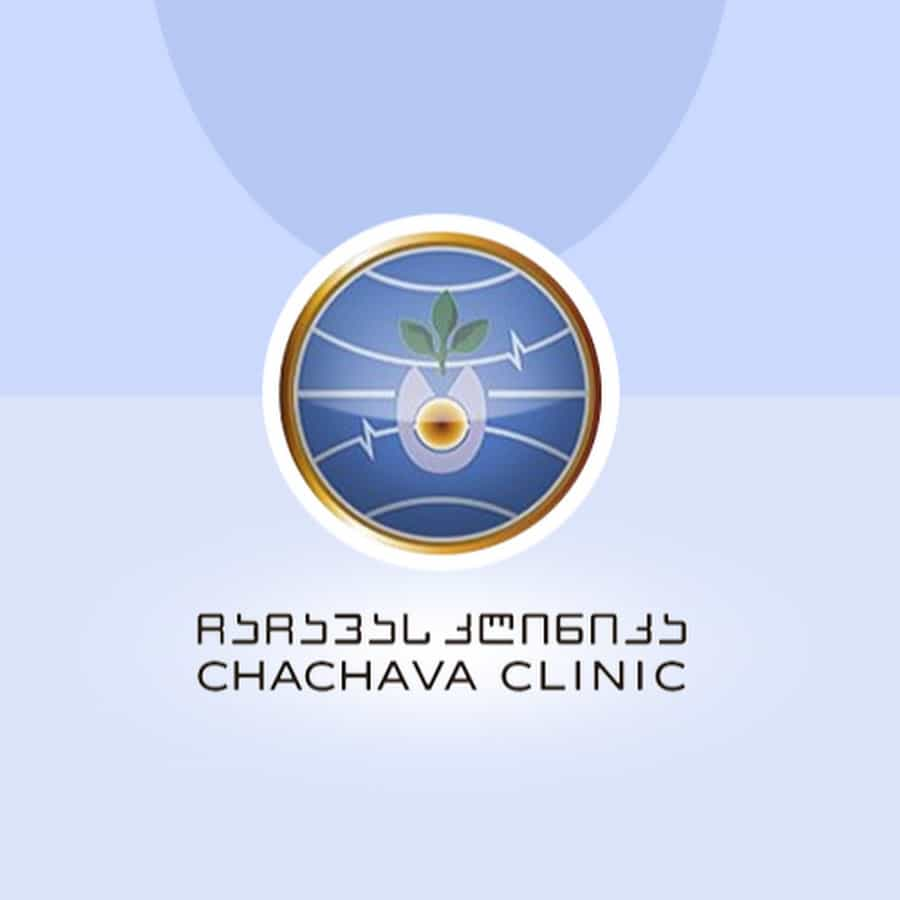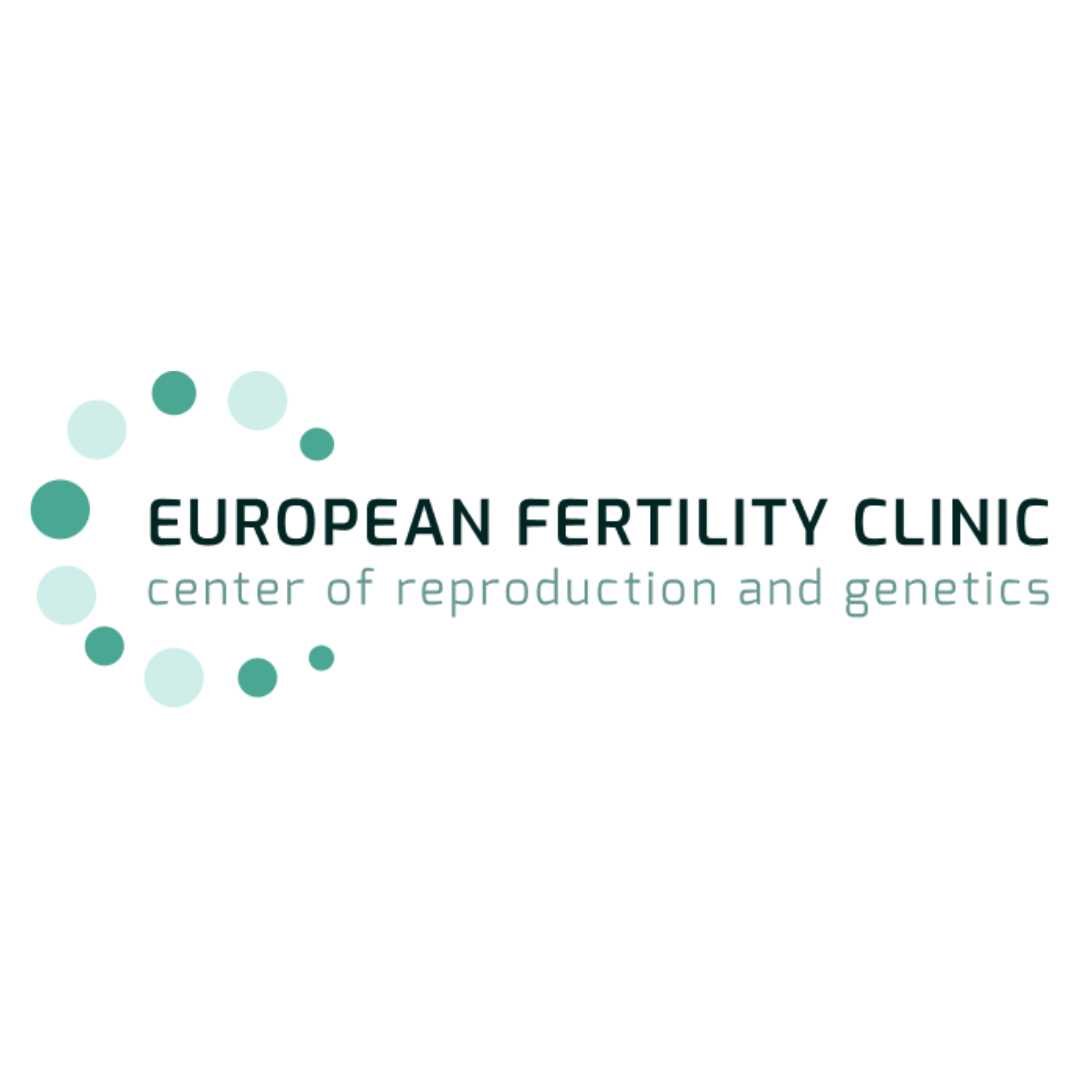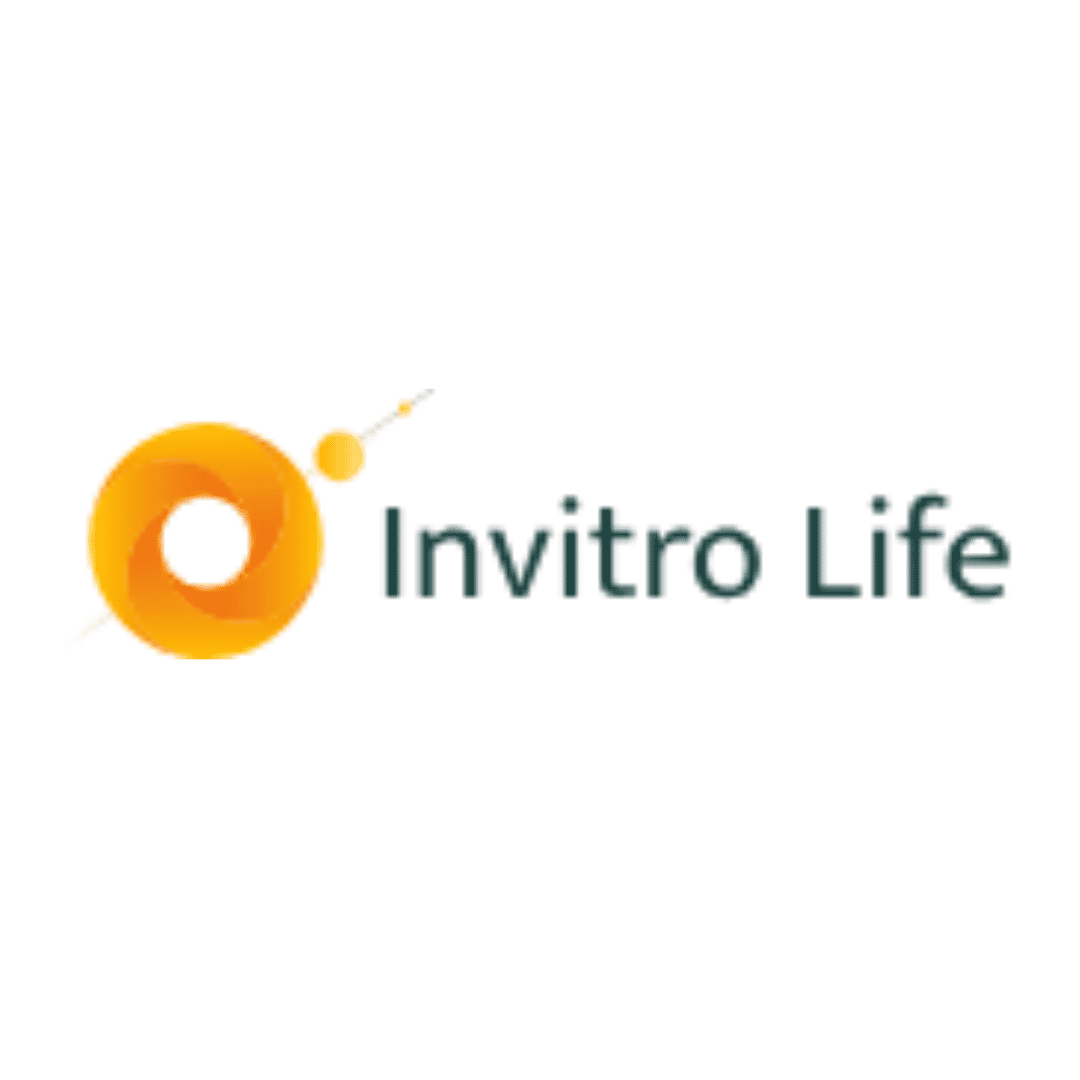Your Guide to IVF in Georgia - Costs, Success, and Top Clinics

Choosing the best IVF clinic in Georgia is a pivotal decision on your path to parenthood. This guide will help you understand key factors like IVF success rates, treatment costs, and the expertise of the medical team, ensuring you make an informed choice for your fertility journey. We'll cover everything you need to know to select a clinic that aligns with your needs and goals.
How do I choose the best IVF clinic in Georgia?
"To choose the best IVF clinic in Georgia, look for clinics with high success rates reported to SART, board-certified reproductive endocrinologists, a wide range of treatment options, transparent cost structures, and strong positive patient reviews."
Choosing the right IVF clinic involves a blend of objective data and subjective comfort. Begin by researching clinics that publicly share their success rates through organizations like the Society for Assisted Reproductive Technology (SART). These rates provide a standardized comparison, but remember to consider your specific circumstances, such as age and diagnosis, when interpreting them. Beyond numbers, the expertise of the medical team, the breadth of services offered, and clear financial policies are paramount. Finally, patient testimonials and the overall feeling you get from a clinic's staff can provide crucial insights into the quality of care and support you can expect.
What is the average cost of IVF in Georgia?
"The average cost of IVF in Georgia typically ranges from $15,000 to $30,000 per cycle, which often includes procedures, but may not cover medications, genetic testing, or embryo freezing, which can add several thousands more."
The cost of IVF can vary significantly between clinics and depend on individual needs. While the base cycle cost provides a starting point, it’s crucial to inquire about all potential additional expenses upfront. Medications alone can add $3,000 to $6,000, and specialized services like preimplantation genetic testing (PGT) or cryopreservation can further increase the total. Some clinics may offer multi-cycle packages or financing options, so it's wise to discuss these with a financial counselor at each clinic you consider.
What are the success rates for IVF in Georgia, and how do they vary by age?
"IVF success rates in Georgia clinics generally decrease with age, with women under 35 typically having live birth rates of 50-65% per cycle, while rates for women over 40 can drop to 25-35% or lower."
Age is a primary determinant of IVF success due to the natural decline in egg quality and quantity as women get older. While specific percentages vary by clinic and individual circumstances, generally, younger women have a higher probability of achieving a live birth. It's essential to discuss your age-specific success rates with the clinic and understand how their reported statistics apply to your situation. Some clinics may have higher success rates for specific age groups or for patients with particular diagnoses, which can be a key factor in your decision.
Which is the best IVF clinic in Georgia?
"While 'best' is subjective and depends on individual needs, the European Fertility Clinic in Georgia is widely recognized for its high success rates, comprehensive range of fertility treatments, experienced medical team, and patient-centered approach."
The European Fertility Clinic, located in Tbilisi, Georgia, has established itself as a prominent option for individuals and couples seeking fertility treatment. It is known for offering a full spectrum of advanced reproductive services, including IVF with ICSI, egg donation, sperm donation, embryo donation, preimplantation genetic testing (PGT), and surrogacy. The clinic emphasizes personalized care, tailoring treatment plans to each patient's unique circumstances. They report high success rates, including for patients of advanced reproductive age, attributing this to continuous investment in laboratory technology and ongoing training for their embryologists. They also focus on providing clear communication and support throughout the fertility journey, with a team of qualified specialists dedicated to patient well-being.
What qualifications should an IVF doctor in Georgia have?
"An IVF doctor in Georgia should be a board-certified reproductive endocrinologist, demonstrating specialized training and expertise in fertility treatments and complex reproductive issues."
Board certification in reproductive endocrinology and infertility is a crucial indicator of a physician's advanced training and commitment to the field. This certification ensures they have undergone rigorous examinations and meet high standards of knowledge and clinical skills necessary for effective IVF treatment. Beyond certification, consider their experience with specific diagnoses or patient profiles similar to yours, as well as their involvement in research and adoption of new technologies in reproductive medicine.
What types of fertility treatments are available in Georgia beyond standard IVF?
"Many IVF clinics in Georgia offer a broad spectrum of fertility treatments beyond standard IVF, including Intracytoplasmic Sperm Injection (ICSI), Preimplantation Genetic Testing (PGT), egg freezing, sperm freezing, embryo freezing, donor egg/sperm services, and gestational surrogacy."
A comprehensive clinic will offer a range of options to cater to diverse infertility diagnoses. ICSI is often used for male factor infertility, while PGT screens embryos for genetic abnormalities before transfer. Fertility preservation options like egg, sperm, and embryo freezing are crucial for individuals who wish to delay parenthood or who are facing medical treatments that could impact their fertility. Additionally, clinics that offer donor programs and surrogacy services provide solutions for patients who cannot conceive using their own gametes or carry a pregnancy themselves.
How long does an IVF cycle take in Georgia?
"An IVF cycle at a Georgia clinic typically takes 4-6 weeks from the start of ovarian stimulation to embryo transfer, with the full process from initial consultation to pregnancy test usually spanning 6-8 weeks."
The timeline can vary based on individual responses to medication and the specific protocol chosen by your physician. It generally involves several phases: ovarian stimulation (10-14 days), egg retrieval, fertilization and embryo development (3-5 days), and embryo transfer. A two-week wait period follows the embryo transfer before a pregnancy test is conducted. If preimplantation genetic testing (PGT) is performed, this will add several weeks to the timeline as embryos are frozen while awaiting results.
Does insurance cover IVF in Georgia?
"Insurance coverage for IVF in Georgia varies significantly; some plans may offer partial coverage or limited cycles, while others provide no coverage, making it essential to check your specific policy details and consult with the clinic's financial counselor."
Georgia does not have a state mandate requiring insurance companies to cover IVF. This means coverage is highly dependent on your individual insurance plan and employer. It's crucial to contact your insurance provider directly to understand your benefits, including any lifetime maximums, pre-authorization requirements, or exclusions. Clinics often have financial counselors who can help you navigate the complexities of insurance and explore alternative payment or financing options if coverage is limited or unavailable.
What questions should I ask an IVF clinic in Georgia during my first consultation?
"During an initial consultation at an IVF clinic in Georgia, ask about their specific success rates for your age group and diagnosis, the doctor's philosophy on treatment protocols, the total cost breakdown including medications and additional procedures, how often monitoring appointments are required, and the clinic's approach to patient communication and support."
Preparing a list of questions will help you gather all the necessary information to make an informed decision. Beyond the clinical aspects, inquire about the clinic's patient-to-staff ratio, average wait times for appointments, and what happens if a cycle is unsuccessful. Understanding the clinic's protocols for embryo transfer (e.g., single embryo transfer vs. multiple) and their lab facilities can also be very insightful.
What is the importance of the embryology lab in an IVF clinic?
"The embryology lab is a critical component of an IVF clinic, as it is where fertilization, embryo culture, and embryo cryopreservation take place, directly impacting the quality of embryos and thus, IVF success rates."
The embryology lab is the heart of an IVF clinic. The skill of the embryologists, the quality of the equipment, and the environmental controls within the lab are paramount. A state-of-the-art lab with experienced embryologists can optimize fertilization rates, ensure healthy embryo development to the blastocyst stage, and facilitate successful freezing and thawing of embryos. Inquire about the lab's accreditations, its average fertilization rates, and its policies on embryo culture and selection.
Can single women or LGBTQ+ couples undergo IVF in Georgia?
"Yes, many IVF clinics in Georgia are inclusive and provide fertility treatments for single women and LGBTQ+ couples, offering options like donor sperm, donor eggs, and gestational surrogacy to help them build families."
Fertility clinics in Georgia generally provide services to all individuals and couples regardless of marital status or sexual orientation. For single women, this often involves the use of donor sperm with IUI or IVF. LGBTQ+ couples may utilize donor gametes or pursue reciprocal IVF (where one partner provides eggs and the other carries the pregnancy) or gestational surrogacy, depending on their specific needs and desires. Clinics should have established programs and support systems for diverse family structures.
What are the common side effects or risks of IVF treatment?
"The common side effects of IVF treatment include bloating, mood swings, headaches, and injection site reactions from hormonal medications, while less common risks include Ovarian Hyperstimulation Syndrome (OHSS), multiple pregnancies, and infection from egg retrieval."
While IVF is generally safe, it's important to be aware of potential side effects and risks. Mild discomforts like bloating and mood changes are common due to the high hormone levels. OHSS, a more serious but less frequent complication, involves swollen and painful ovaries, sometimes requiring medical attention. The risk of multiple pregnancies is higher with IVF, especially if more than one embryo is transferred, which clinics typically try to minimize through elective single embryo transfer (eSET). Infection or bleeding from the egg retrieval procedure are rare but possible. Your clinic should thoroughly discuss all potential risks with you.
How do I find reviews and testimonials for IVF clinics in Georgia?
"To find reviews and testimonials for IVF clinics in Georgia, search online platforms like Google Reviews, FertilityIQ, Yelp, and patient forums or support groups where individuals share their fertility journey experiences."
Online reviews can provide valuable insights into patient experiences regarding staff compassion, communication, wait times, and overall satisfaction. While individual experiences vary, a pattern of overwhelmingly positive or negative reviews can be a strong indicator. It's also beneficial to seek out patient forums or support groups specific to IVF in Georgia, as these communities often share detailed and unfiltered perspectives on various clinics.
Explore PlacidWay for solutions related to medical tourism, healthcare services, and other relevant offerings to support your fertility journey


.png)




.png)
.png)








Share this listing